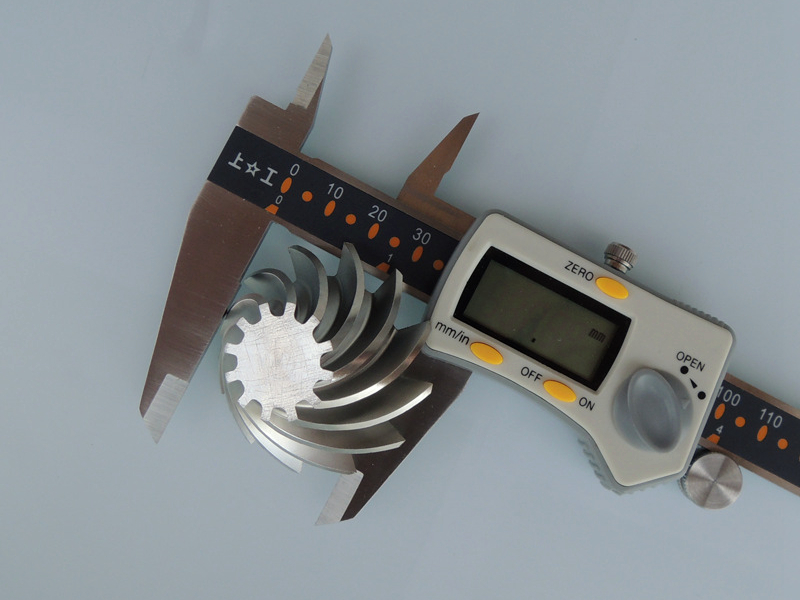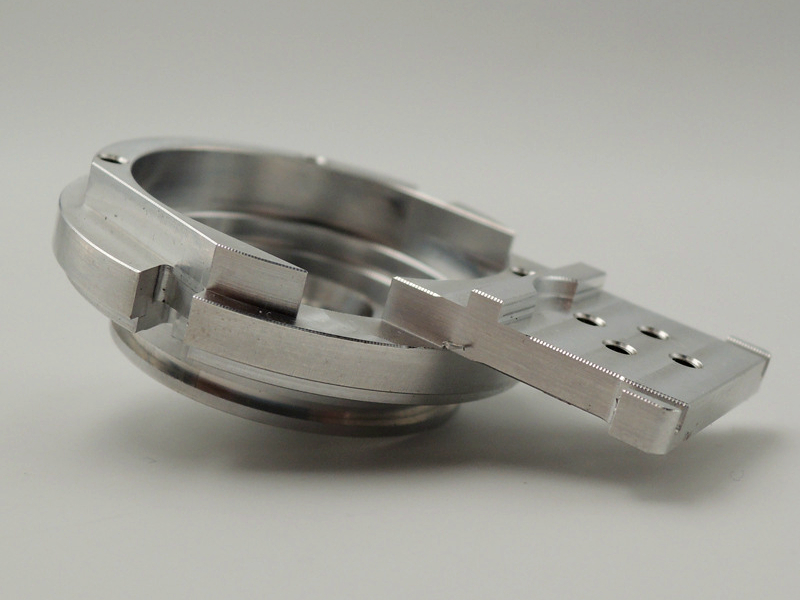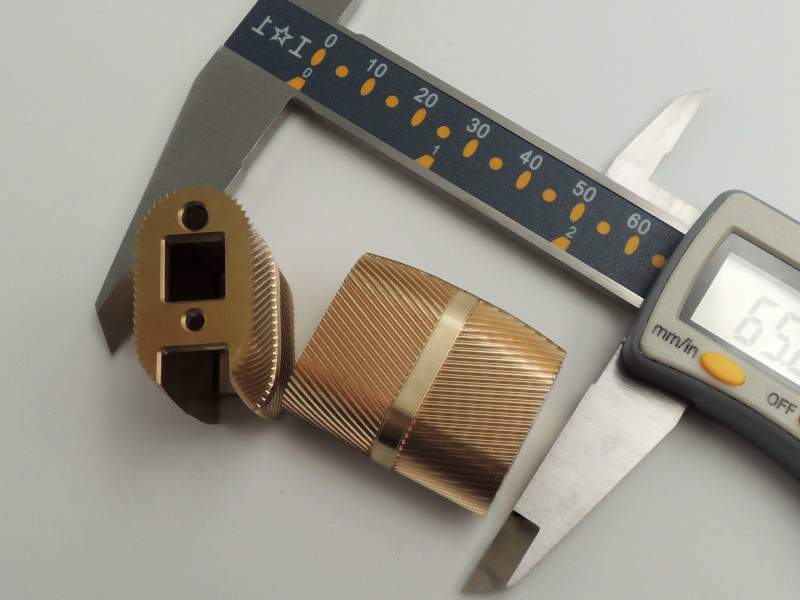How does low-volume CNC machining compare to 3D printing or casting?
How Does Low-Volume CNC Machining Compare to 3D Printing or Casting?
Understanding the Relationship Between Tolerances and Lead Time
As a CNC machining engineer at Neway, I often encounter clients seeking ultra-precise components. While it's true that tighter tolerances—typically defined as ±0.01 mm or better—can impact lead time, the degree depends on material type, complexity, and production scale. For instance, machining Inconel 718 to a ±0.005 mm tolerance may require slower feeds, multiple finishing passes, and frequent in-process metrology, potentially adding 20–40% to production time.
Why Tighter Tolerances Add Complexity
When dimensional tolerances fall below ±0.01 mm, especially for components such as aerospace bearing housings or medical implants, the process moves from standard CNC operations to precision machining. This shift often necessitates specialized tools, environmental control (20°C ±1°C), and CMM validation, each adding to both time and cost. Additionally, high-performance alloys like Hastelloy C-22 or Titanium Ti-6Al-4V increase tool wear rates by up to 2–3 times, further slowing operations.
Engineering Considerations for Lead Time Planning
To optimize lead time, it is critical to specify tight tolerances only where functionally required. At Neway, we assist clients with Design for Manufacturability (DFM) assessments to identify which dimensions truly need ±0.005 mm precision and which can be relaxed to ±0.05 mm without affecting performance. This targeted approach has helped reduce machining cycles by up to 30% in recent automation component projects.
Final Insight
Yes, tighter tolerances can significantly increase project lead times—but only when applied universally. With expert planning and material-specific strategies, Neway can deliver ultra-precise components while maintaining competitive delivery schedules.
Relevant Manufacturing Services You May Need
● Precision Machining Services
Our global delivery system, ISO-certified processes, and real-time feedback systems ensure your tight-tolerance parts are delivered with efficiency and quality assurance.



